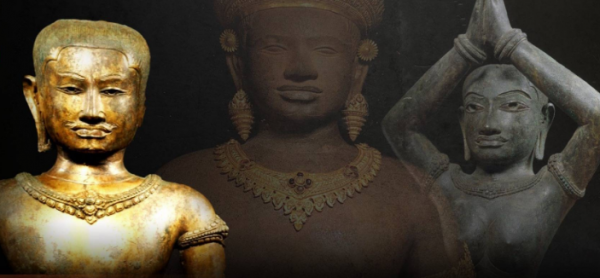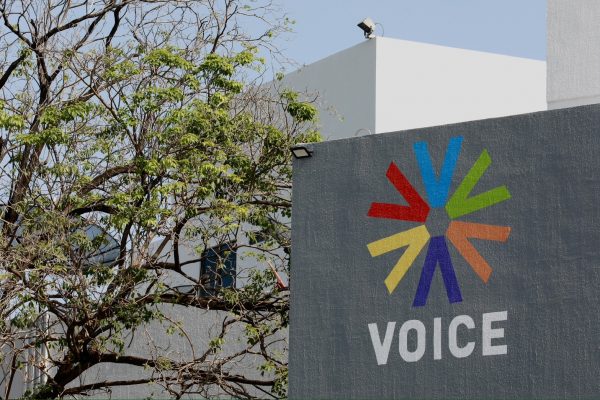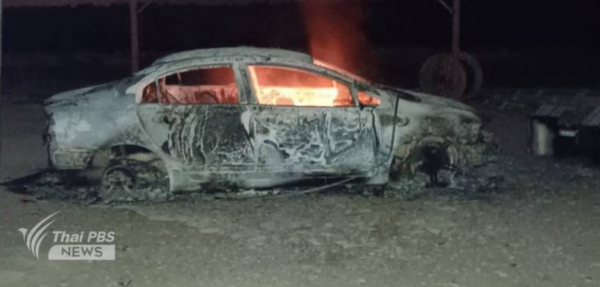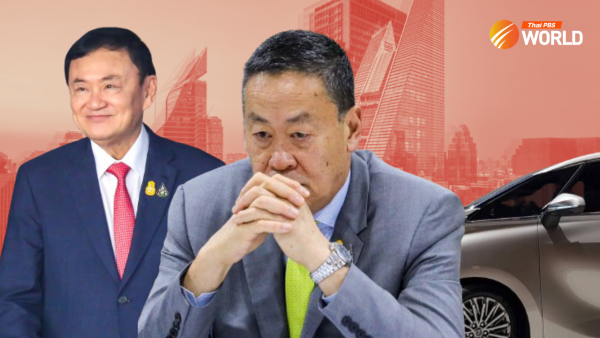Real stakeholders waiting to speak up

All of a sudden, it’s halfway through. Amid a reigning political chaos, it’s easy not to notice that Thais are now as close to the next general election as they are to the last one. This week marks the second anniversary of national voting which eventually installed Prayut Chan-o-cha as prime minister and kick-started a new wave of political crisis, and that should remind everyone that the presence of the genuine stakeholders is getting clearer with each passing day.
To those fighting for power, time is running out. Some may say it’s still two more years but everyone shall not forget that it seems like yesterday when Thanathorn Juangroongruangkit was disqualified, his Future Forward Party was dissolved, protests appeared massive and the Prayut coalition was on the back foot. The prime minister now has a lot less time left to prove that his administration, much criticized for its origin and many aspects of its performances, is the best option when Thai interests are concerned.
During the same period, his enemies face a tough task of its own, complicated by a big dilemma of whether they should go for broke or wait for more resounding messages when Thais go to the polls in a normal manner the next time.
Incidents on March 20 do not help anyone. They underline the fact that major distractions like those will hound the Prayut government until its very last day. They weaken support and sympathy for the street movement and yet could even fuel aggression. They inflame political divide, which is plagued with one-sided information and dangerous propagandas. In other words, the administration, its rivals and the Thai public are all suffering and stand to lose as a result.
The country needs peaceful, democratic means to solve the omnipresent crisis. Prayut edging toward his mid-term means the country is edging toward the next general election in which everyone seems to have a chance, be it Palang Pracharath, the Democrats, Bhumjaithai, Pheu Thai and Move Forward. Between here and there, a Bangkok gubernatorial election will go a long way toward implying what the middle class wants. Then there is the possibility of a public referendum, which, while being an imperfect solution to the problem, is a lot better than tear gas, rubber bullets, mini bombs, extreme vandalism and destruction of state properties.
New hurdles await in Thailand’s tortuous road to charter change
The government-sponsored draft bill for a referendum on charter change is hanging in the balance after lawmakers were forced to postpone their vote when a significant point in the draft was changed last week. This delay is another setback in the push for changes to a junta-era Constitution that opponents say was written to extend the military’s grip on power.
The voting on those important occasions would return the power to the genuine stakeholders, who have never really been consulted on Prayut, his coup, a Constitution drafted under a military rule, and many things else like freedom of speech, minority opinions, corruption and fighting for political goals through violence. Future ballots will still be cast under the winner-takes-all system, which is a shame and may just sweep everything under the rug to set the stage for a new crisis, but the current bleeding has to stop first. By that, results of ballot casting should make everyone stop to think and shall be treated as strong messages of Thai people on key issues.
Thailand needs a break. Extremism is threatening to consume pockets of both sides in the national divide, and it can spread. Voting hopefully can calm them down and dilute the present atmosphere where many are either hypocritical about corruption and democracy or misunderstand them completely.
World history has shown that high-speed politics can do more harm than good. Going too fast and ones can go from trying to solve problems to becoming problems themselves. The virtue of tolerability, restraint and patience is what has been largely ignored over the past two years, and will still be heavily tested in the second half of Prayut’s tenure.
The lines have been blurred too much for a truly good governance to emerge. With political rivals running out of time, things can get worse. Pessimists see a potential return to Square One, but optimists hope that when the real stakeholders speak up next time, the messages should be clearer.
By Tulsathit Taptim






